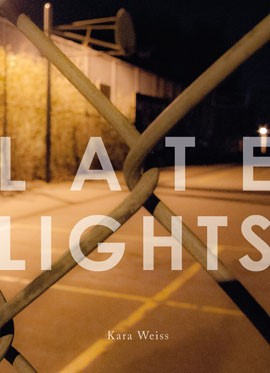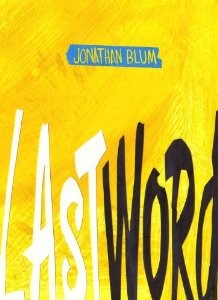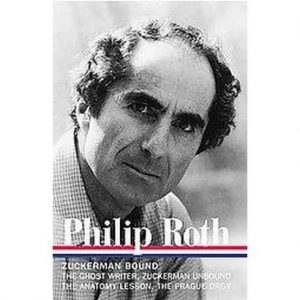$24.95, 157 pgs
Reviewed by Jonathan Russell Clark
The short story form serves Jonathan Lethem well. An imagination and intellect as keen as fertile as Lethem’s can take any idea and run with it for as long as he likes, which can result in, for instance, his disastrous 2009 novel Chronic City. Or it can produce something wondrous like The Fortress of Solitude. But Lethem’s stories, like his essays, allow him to explore a conceit with the same brilliant mind while simultaneously preventing him from wearing out his literary welcome.
His third story collection Lucky Alan and Other Stories shows Lethem in total control of his prodigious skills and cultural insight. These nine stories cover many of the themes Lethem finds himself returning to again and again, but their economy ups the punch considerably. But perhaps most important to the success of these tales is Lethem’s acute understanding of the worlds over which he hovers.
Take, for instance, the story “Their Back Pages,” which features a group of long-forgotten comic book characters crash-landing on a tropical island. I couldn’t help but be reminded of George Saunders’s “In Persuasion Nation,” a similarly satirical romp featuring characters not from comics but from commercials. Saunders’s aim is very different, yes, but there’s also something else: Saunders necessarily remains at a distance in “In Persuasion Nation,” because the object of his story (commercials) is not a world of which he’s a part. Lethem, who has himself written comic books, clearly knows the realm of paneled storytelling intimately, so “Their Back Pages” wins as both a funny satire and a knowledgeable artifact of Lethem’s vast cultural reach. Continue reading
![[PANK]](https://pankmagazine.com/wp-content/themes/pank/assets/images/pank-logo-large.png)







